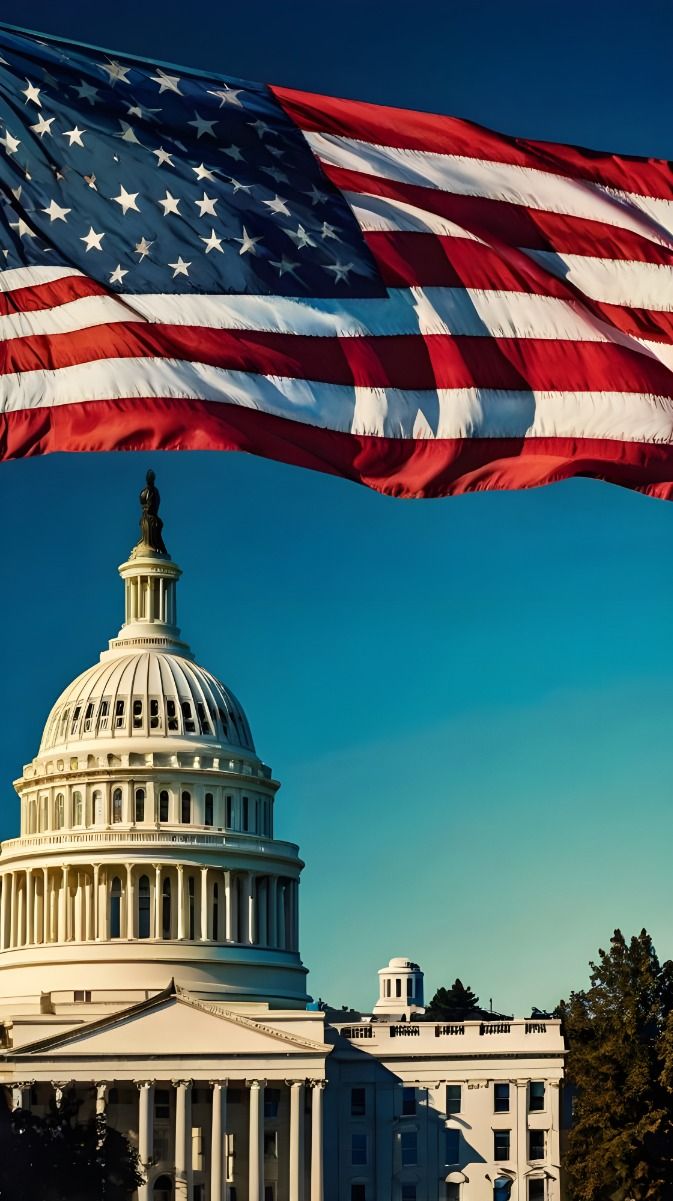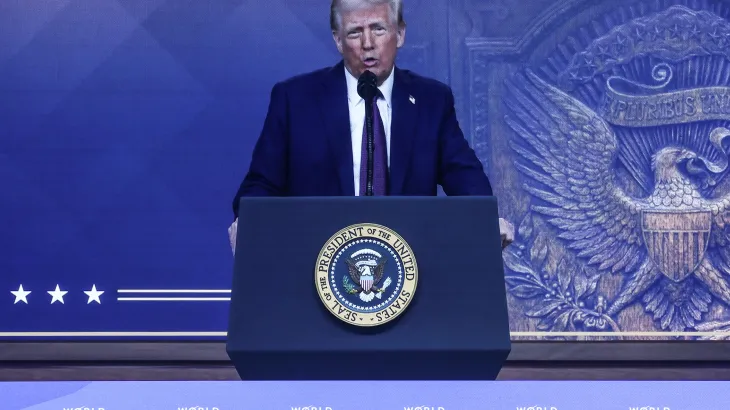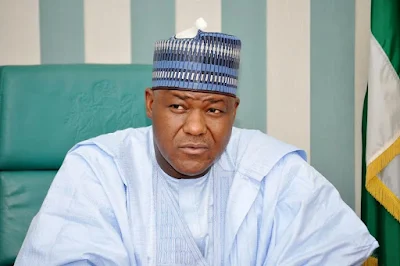The United States has significantly reduced its imports from Nigeria, with recent data indicating a 40% decline in trade volume. This downturn follows the implementation of a 14% tariff on Nigerian exports, introduced by the Trump administration in April 2025. While crude oil exports remain exempt from this tariff, the broader trade landscape has been affected, leading to a contraction in Nigeria’s export activities to the U.S.
According to the U.S. Census Bureau, Nigeria’s exports to the U.S. fell by over 20% in the first quarter of 2025, totaling $1.118 billion compared to $1.401 billion in the same period the previous year. Notably, the decline was more pronounced in January and February, with imports dropping to $286 million in February from $424 million in the previous year. Although March saw a slight recovery with imports rising to $475 million, the overall trend indicates a significant reduction in trade volume.
The decrease in exports is attributed to several factors. The 14% tariff imposed on Nigerian goods, coupled with the U.S.’s trade policy shift, has made Nigerian products less competitive in the American market. Additionally, fluctuations in crude oil shipments, which constitute a substantial portion of Nigeria’s exports, have contributed to the decline. Despite these challenges, Nigeria’s crude oil exports to the U.S. remain robust, with the country continuing to be a significant supplier of crude oil to the American market.
The reduction in imports from Nigeria is part of a broader trend where other African nations, such as Egypt and South Africa, are increasingly becoming more prominent trading partners with the U.S. This shift reflects changing dynamics in global trade and the evolving economic relationships between the U.S. and African countries.
In response to these developments, Nigerian policymakers are exploring alternative markets and strategies to mitigate the impact of reduced exports to the U.S. Efforts are being made to diversify trade partnerships and enhance the competitiveness of Nigerian products in the global market.
As the situation evolves, stakeholders in Nigeria’s export sector are closely monitoring the effects of the tariff and market shifts, aiming to adapt and sustain the country’s position in international trade.


















